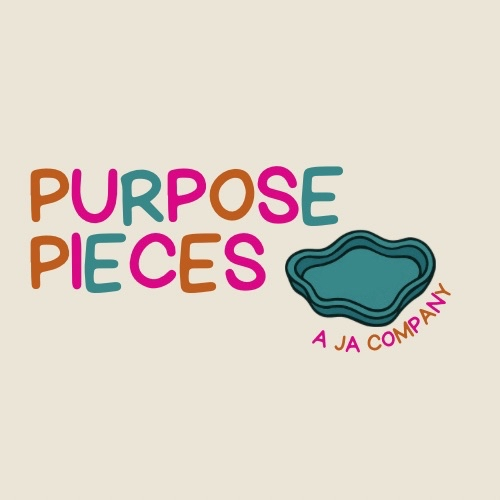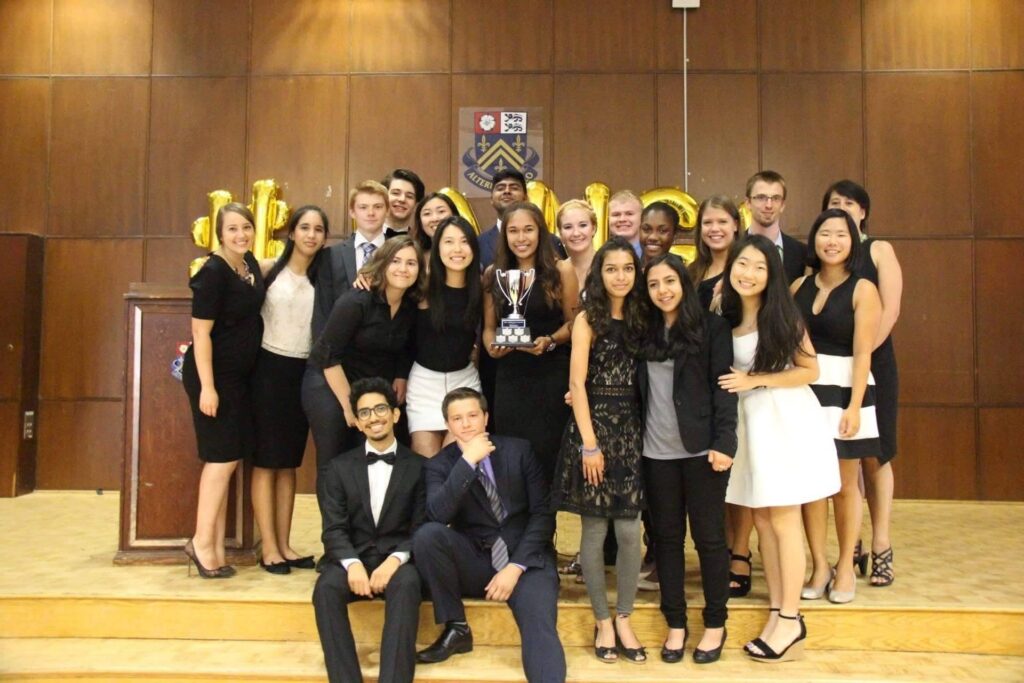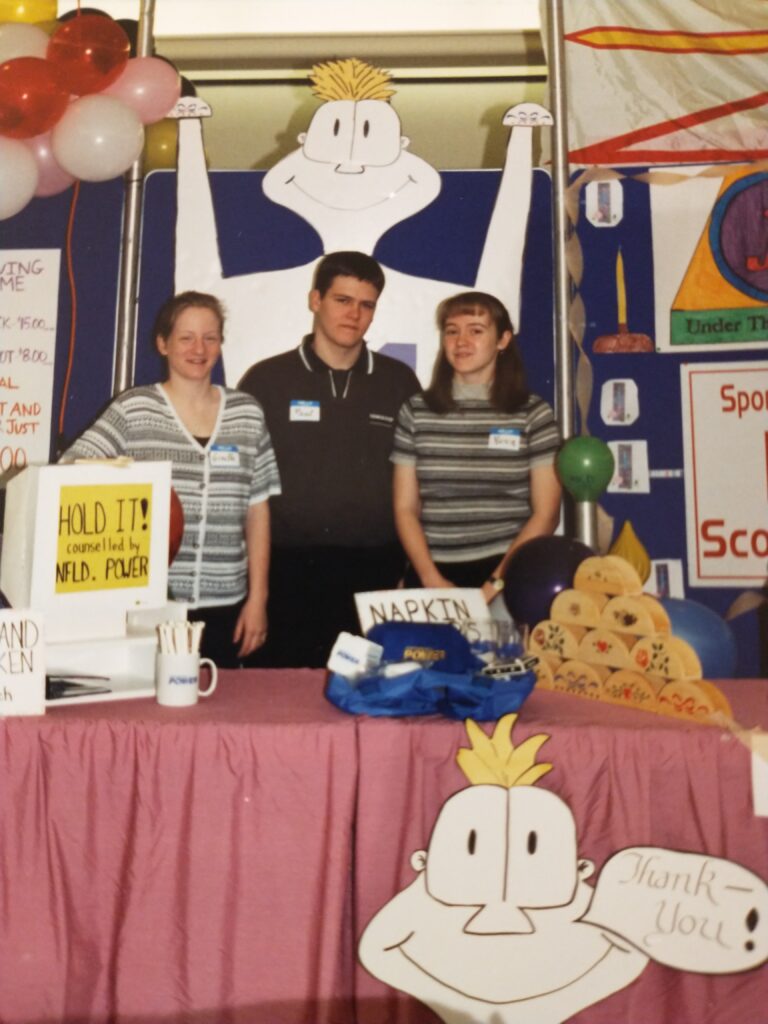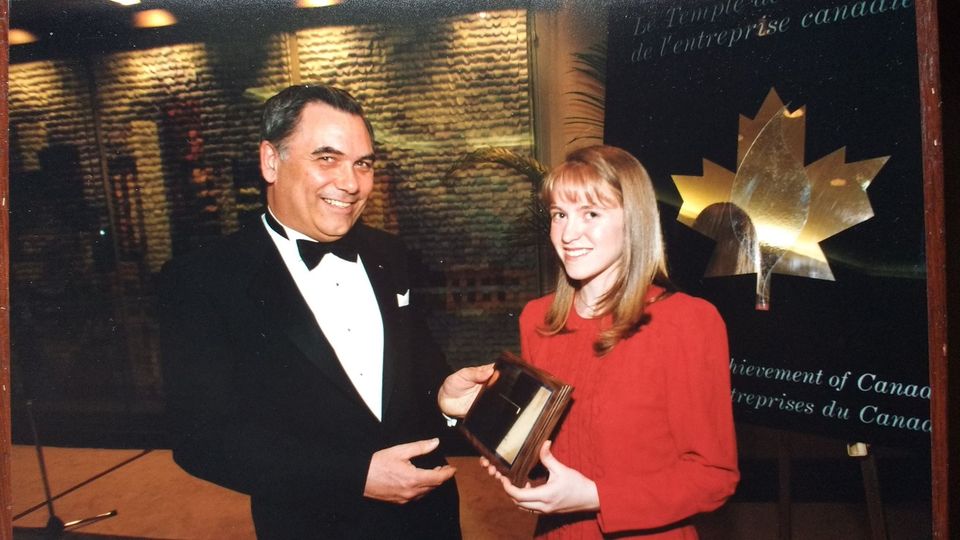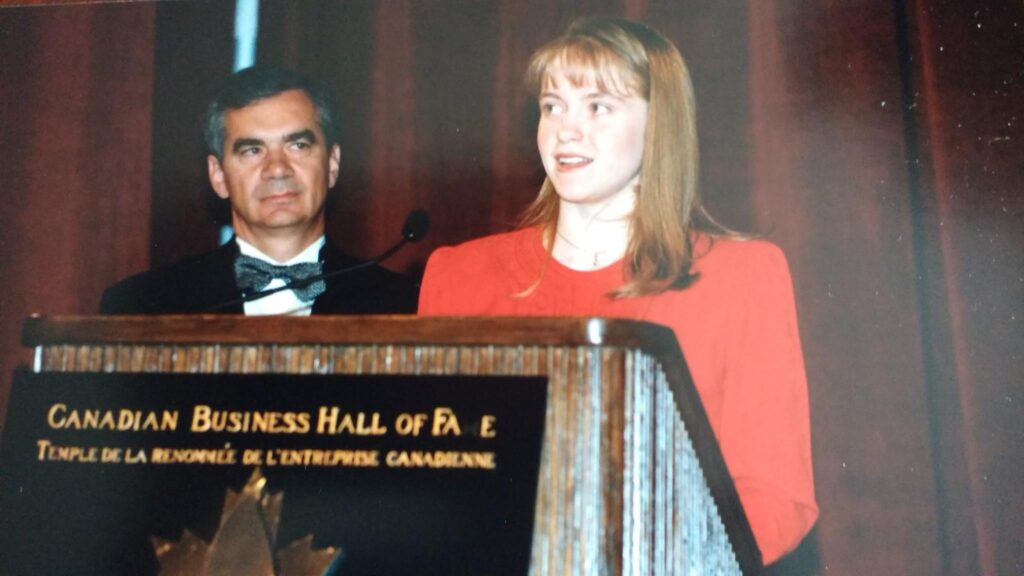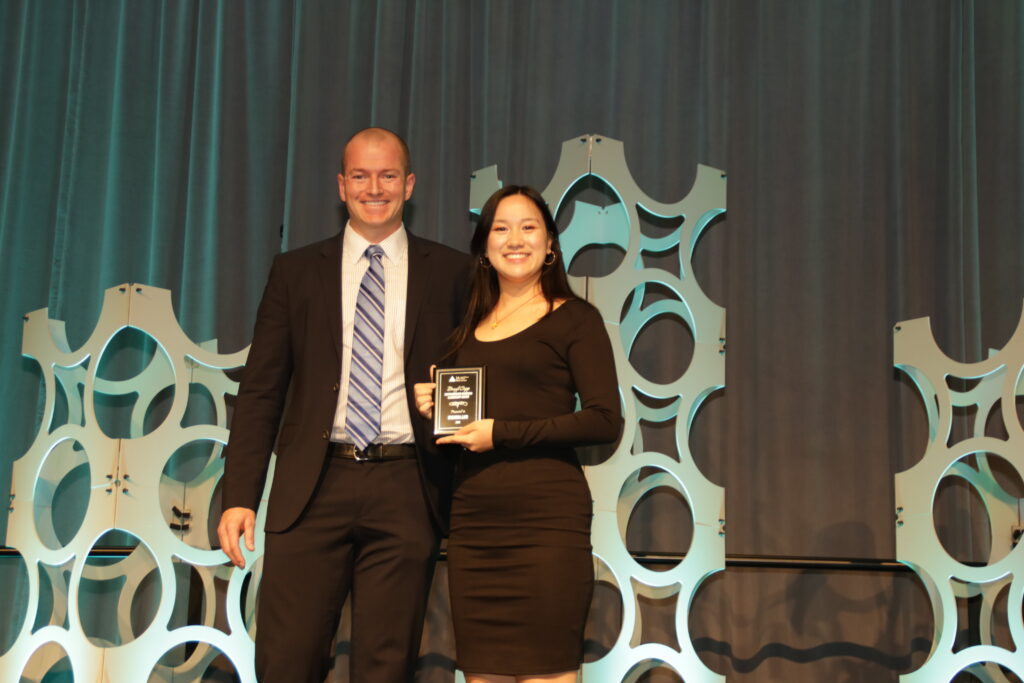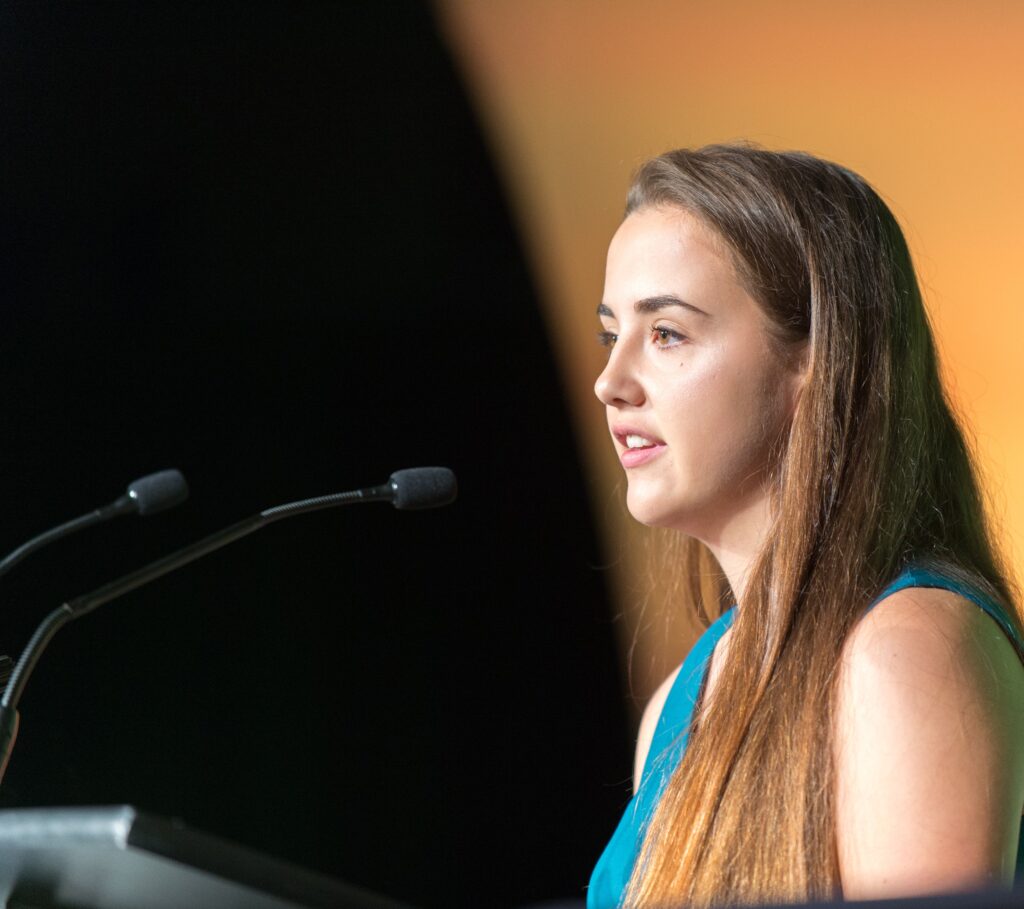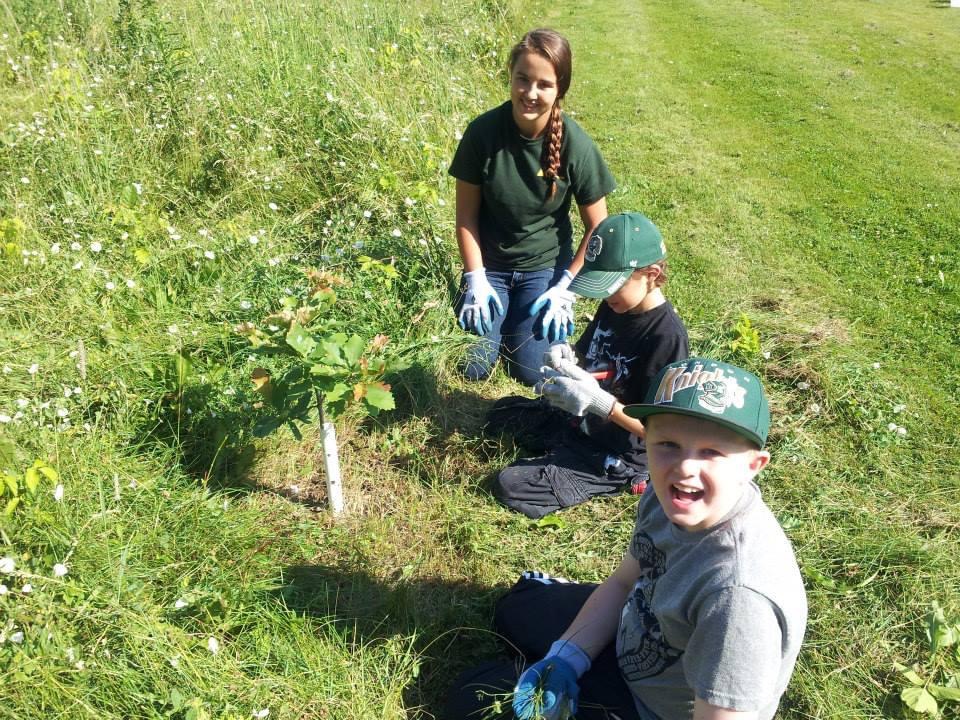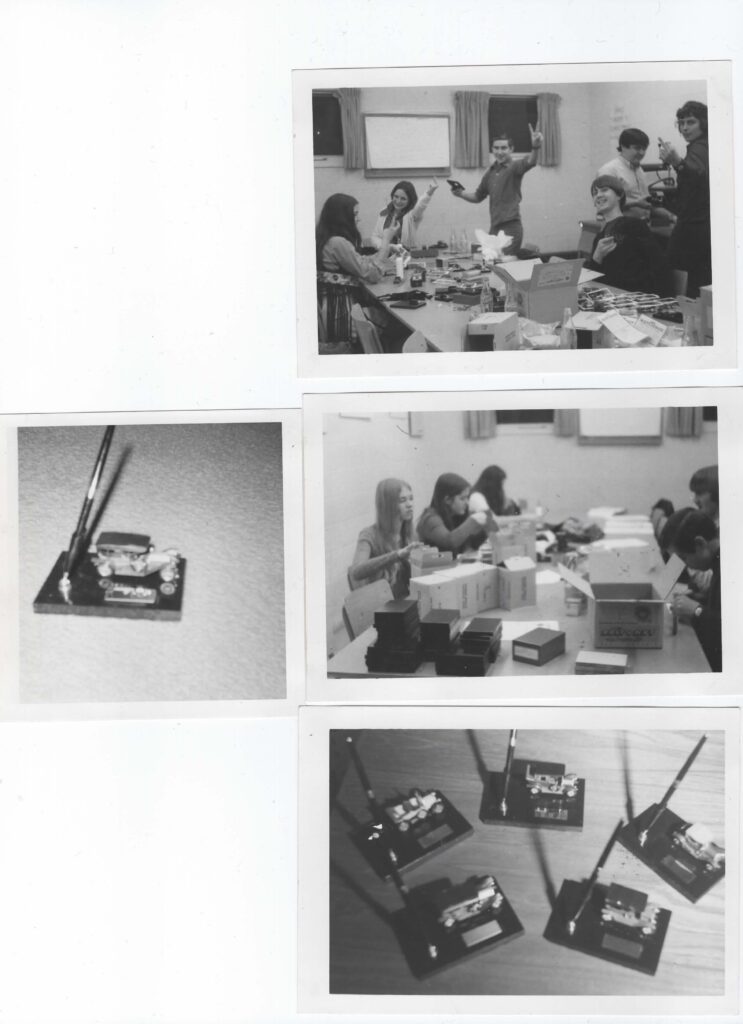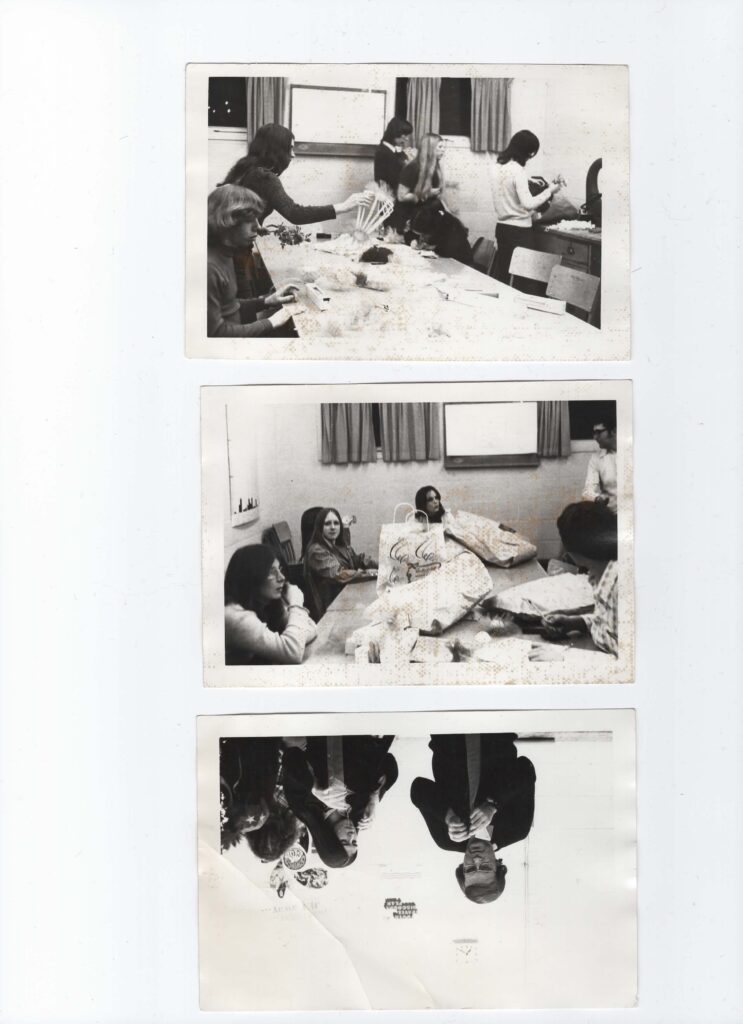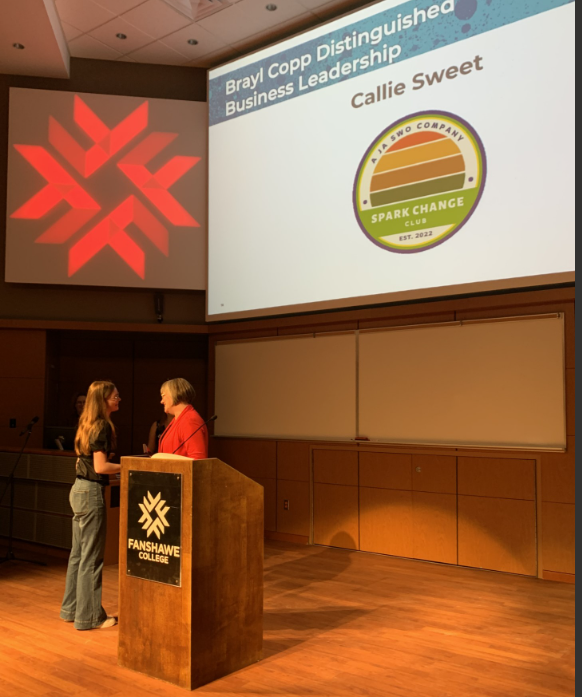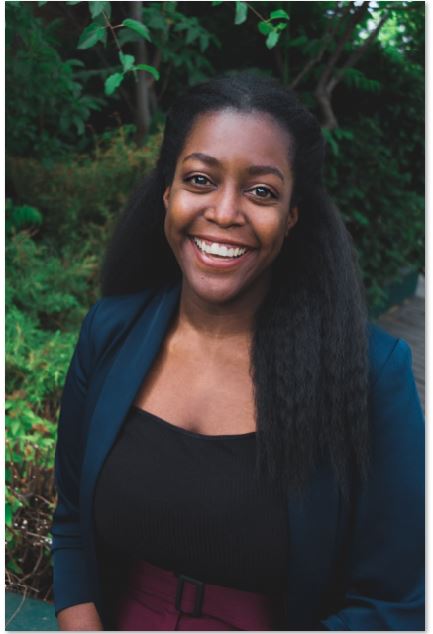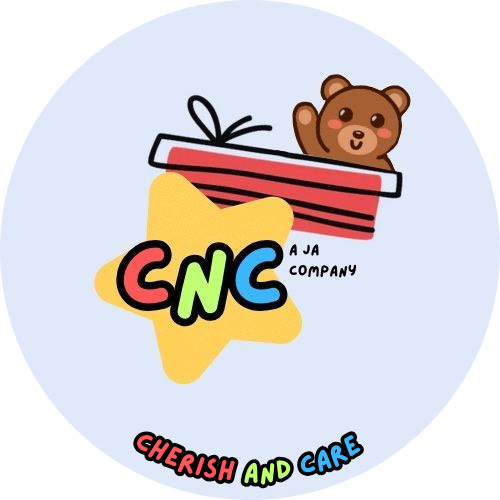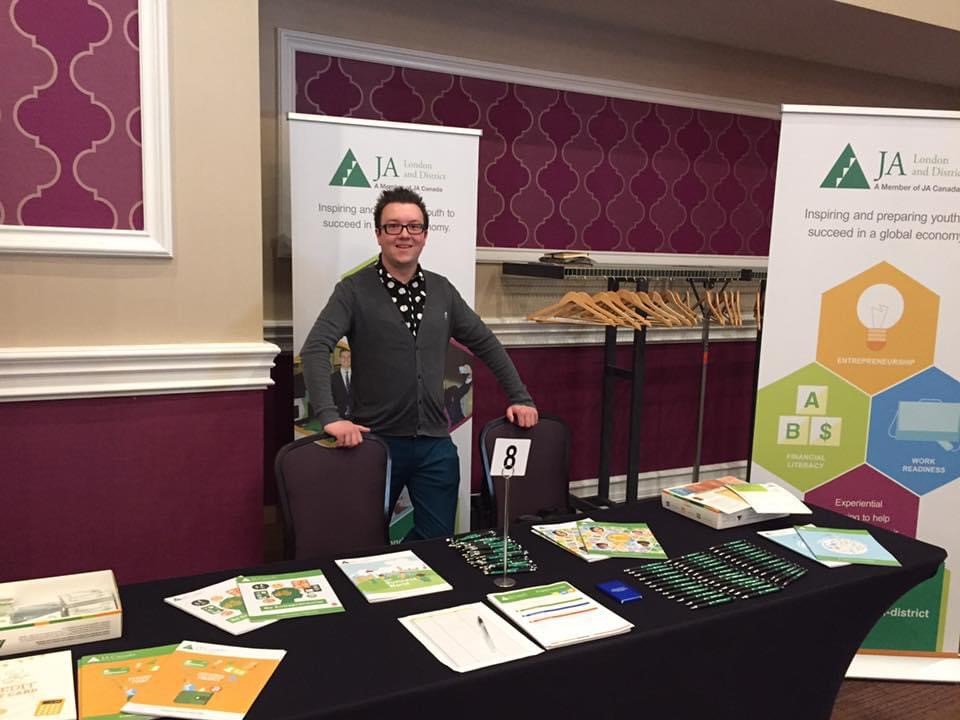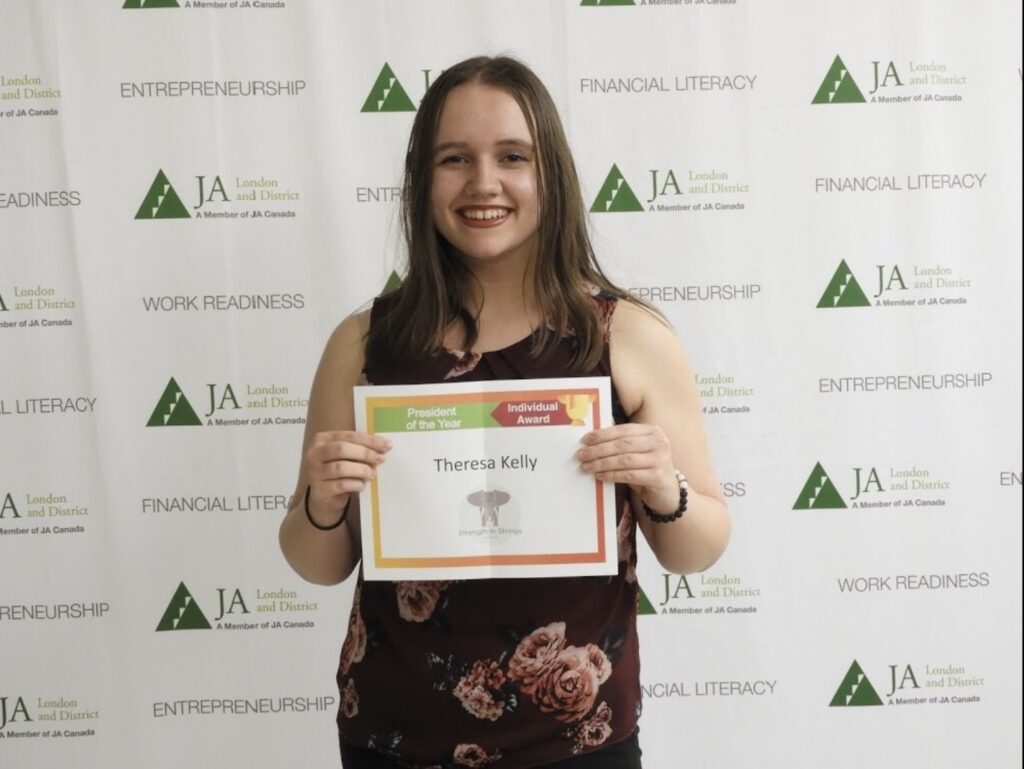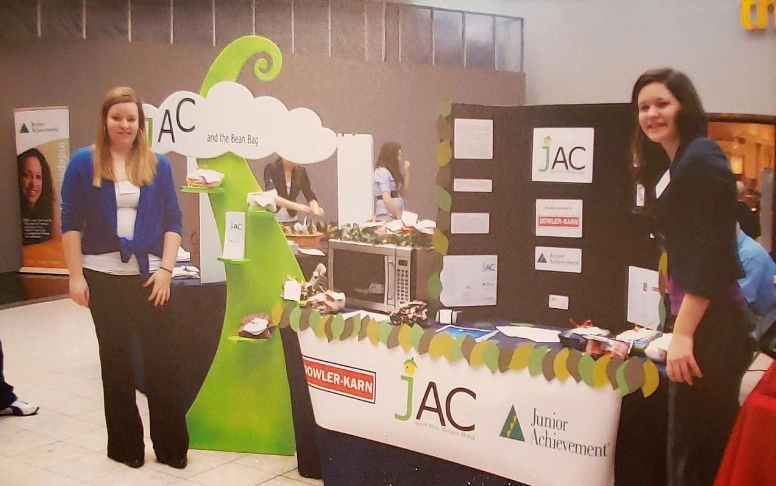Legacy Giving
A message from Hilary Leitch, a partner in Business Law, and Wills and Estates at Lerners LLP:
When I think about legacy giving, estate planning in general is what comes to mind. Through my work as a Wills & Estates lawyer, I have come to believe strongly in the fact that estate planning is for everyone – regardless of financial means or family circumstances, everyone 18 years of age or older should consider their estate plan. Often, this includes a Will, Power of Attorney for Property and Power of Attorney for Personal Care, but it may also include more specific planning measures such as trusts. Regardless, if estate planning documents are kept in good order, it is a gift (or guide) to your family and friends should anything happen to you. While preparing documents at an early point in your life might appear straightforward, there is still lots to consider and to put into perspective. As life evolves and family dynamics change, you will need to be proactive in updating your documents in order to ensure a solid estate plan whatever the circumstances.
 Beyond appointing an executor to manage your estate, or naming family and friends as beneficiaries to receive your estate, in doing estate planning, you also have the opportunity to consider what kind of legacy you want to leave. Often, in reflecting on one’s legacy, charitable giving to organizations or to causes is top of mind. Through charitable giving, you can name a charity or charities to receive a portion of your estate, or to receive a cash gift from your estate. For some, including a charitable gift is an important way to continue charitable giving that they were involved in throughout their life. For others, it may be their first charitable donation – or perhaps a donation of an amount that is significantly more than what was given during their lifetime. In my experience, people are interested in charitable giving as a way to make a direct impact on an organization, a cause, or a particular community. Many have had a history with charitable giving through monetary and non-monetary means, but some may have very little experience with the organization prior to leaving a gift in their Will.
Beyond appointing an executor to manage your estate, or naming family and friends as beneficiaries to receive your estate, in doing estate planning, you also have the opportunity to consider what kind of legacy you want to leave. Often, in reflecting on one’s legacy, charitable giving to organizations or to causes is top of mind. Through charitable giving, you can name a charity or charities to receive a portion of your estate, or to receive a cash gift from your estate. For some, including a charitable gift is an important way to continue charitable giving that they were involved in throughout their life. For others, it may be their first charitable donation – or perhaps a donation of an amount that is significantly more than what was given during their lifetime. In my experience, people are interested in charitable giving as a way to make a direct impact on an organization, a cause, or a particular community. Many have had a history with charitable giving through monetary and non-monetary means, but some may have very little experience with the organization prior to leaving a gift in their Will.
There are so many opportunities surrounding estate planning and legacy giving so it is important that people are intentional about what they want to accomplish with their estate plan. By including a legacy gift, one’s estate plan has the potential to make an incredibly significant impact. For young people considering their estate plan or legacy giving in particular, I would encourage them to find ways to volunteer their time and talent to organizations that they have an interest in, or to organizations devoted to causes they are passionate about. From there, it is likely you will find yourself wanting to make a financial contribution that is meaningful to you – and legacy giving may be the next step as your interest and familiarity with an organization grows. By having the continuum of charitable giving extend beyond your lifetime, you are able to pass on the commitment of charitable giving and, along the way, create meaningful relationships with those whom you are working alongside and with those whom you are entrusting your charitable giving to.
If legacy giving resonates with you, I encourage you to reach out to a legal professional to get started.
About the Author

Hilary Leitch is a partner in Business Law, and Wills and Estates at Lerners LLP. Read more about Hilary.











